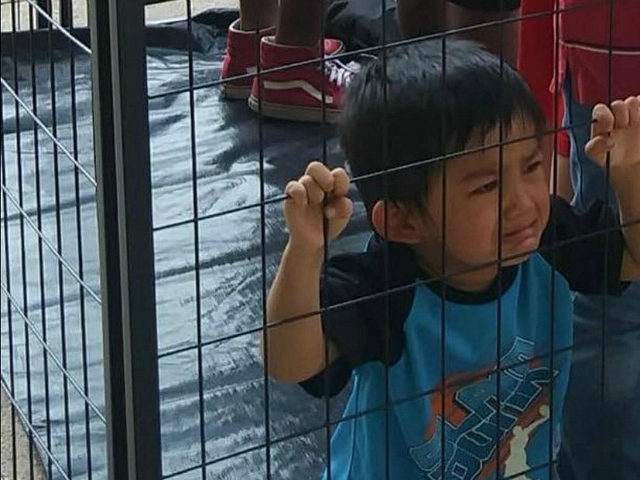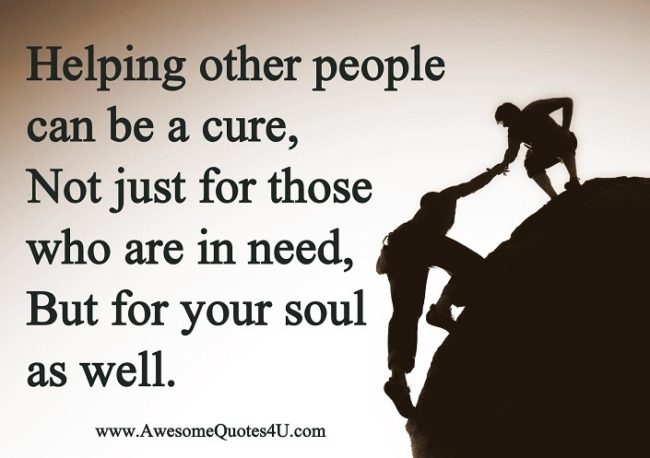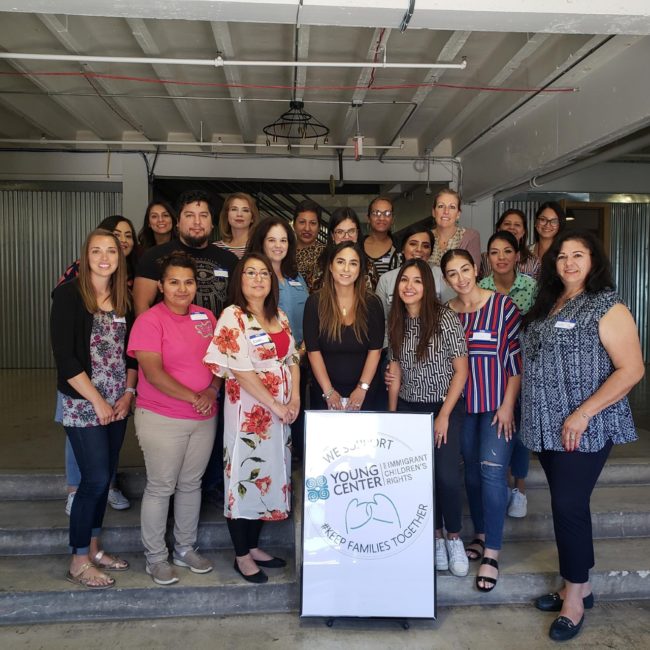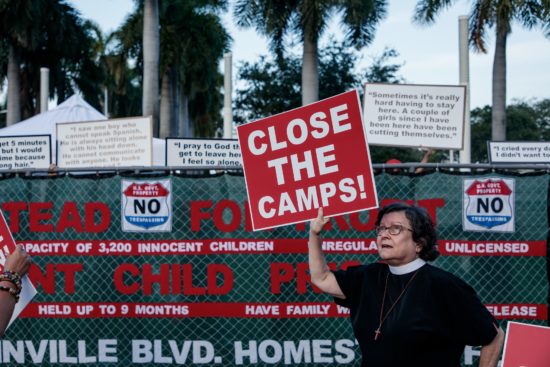I belong to a welcoming church in downtown Portland, Maine led by a socially conscious minister who unflinchingly embraces difficult issues. Last Sunday, she took to the pulpit to voice her outrage at the inhumane treatment of imprisoned migrant children.
I was surrounded by rapt, concerned faces, many visibly moved, but once the service was over and we moved onto an ice cream social there was little discussion of migrant families. The conversation became light-hearted with references to summer family reunions and complaints about the unending rain.
I don’t think this shift occurred because my congregation is heartless. I think it’s because many of the members feel helpless in the face of mounting social injustices as if dwelling on these miseries will exacerbate their helplessness.
If we don’t overcome our helplessness we’re doomed. We’re in danger of morphing into the mentality of those good Germans who recognized Hitler was a bad man while rationalizing that he wouldn’t really do all he said he would. But he did and Trump shows signs of taking our country in a similar direction.
In the same sermon my minister reminded us that history bears out that it only takes 3.5% of the population to bring about successful social change.
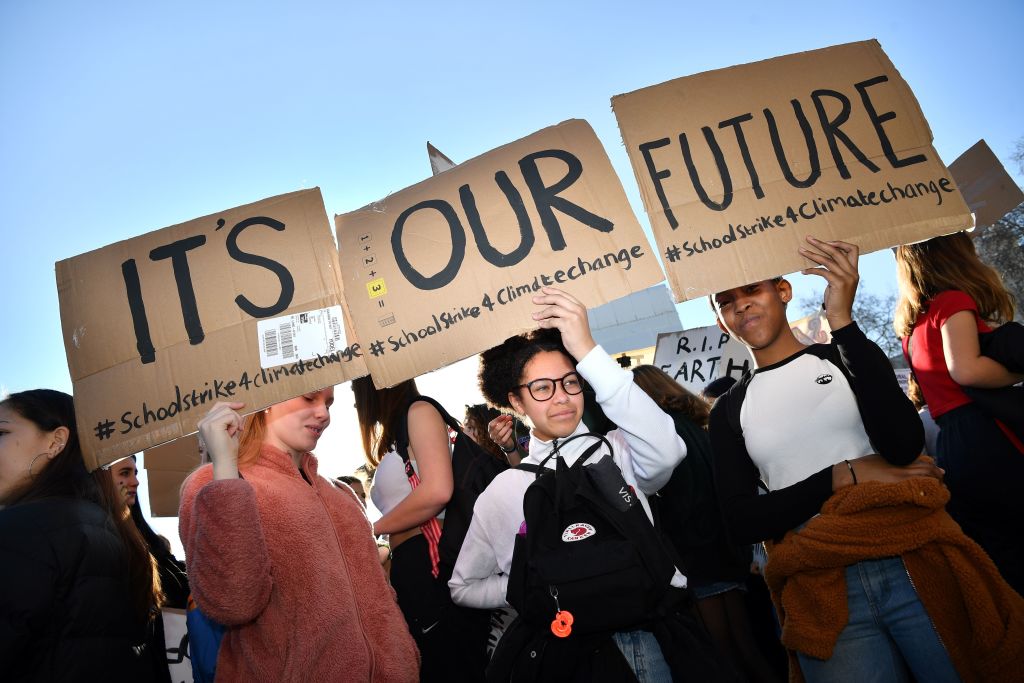
An example of how a small group of students advocating attention to climate change grew into a international movement
I think many Americans feel helpless about our ability to create change, remembering how the massive demonstrations against a US invasion of Iraq didn’t seem to make a difference.
In a recent interview with Chris Hedges, Ralph Nader addresses this point claiming demonstrations are valuable in building momentum, but they’re not enough. What really works, according to Nader is putting pressure on Congressional representatives since they hold the power. Office visits both regionally and in DC will get their attention, especially if they think their re-election is in jeopardy.
Here are some actions you can take to dispel feelings of helplessness vis-à-vis the inhumane treatment of migrants:
Join a “Lights for Liberty” nation-wide vigil on July 12th, being organized in communities across the nation and at detention camps “to end human concentration camps.”
If you are able to make a donation, consider giving to Raices and the ACLU. Both organizations provide free legal services for migrant families detained at the border.
Educate yourself by checking out the Young Center for Immigrant Children’s Rights. It offers detailed information about how migrant families can protect themselves if Trump renews his plan to invade local communities to arrest migrant families. Families do not have to let ICE representatives into their homes. They can insist on seeing a warrant and on having legal representation.
Badger your Congressional representatives with phone calls insisting that they do all they can to shut down ICE, stop separating families, and boot out the for-profit prisons that are hauling in over $700 a day per detained child. Organize a group to meet with your Congress people. They’re on vacation now so no excuses on their part for not seeing you.
Bolster your spirits knowing that there’s a growing momentum in support of ending family separations.
Just this past Sunday 36 Jewish protesters were arrested outside a privately managed ICE detention center in New Jersey. Invoking the Holocaust, demonstrators compared the conditions in which immigrants are being held to concentration camps. On June 22nd, a group of elderly Japanese who were interned as children at Fort Sill during World War ll staged a demonstration there after plans were announced to confine migrant children at Fort Sill.
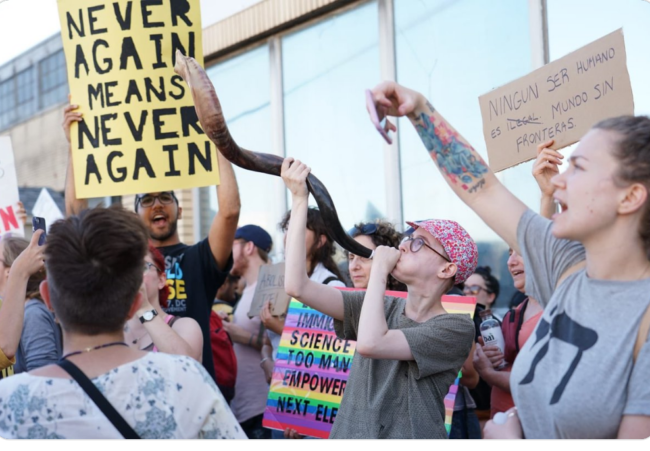
Jewish protestors outside a New Jersey ICE detention center where “Never Again” was chanted over and over
For inspiration hold onto these words of A.W. Streane:
“Do not be daunted by the enormity of the world’s grief. Do justly, now. Love mercy, now. Walk humbly, now. You are not obligated to complete the work, but neither are you free to abandon it. ”
